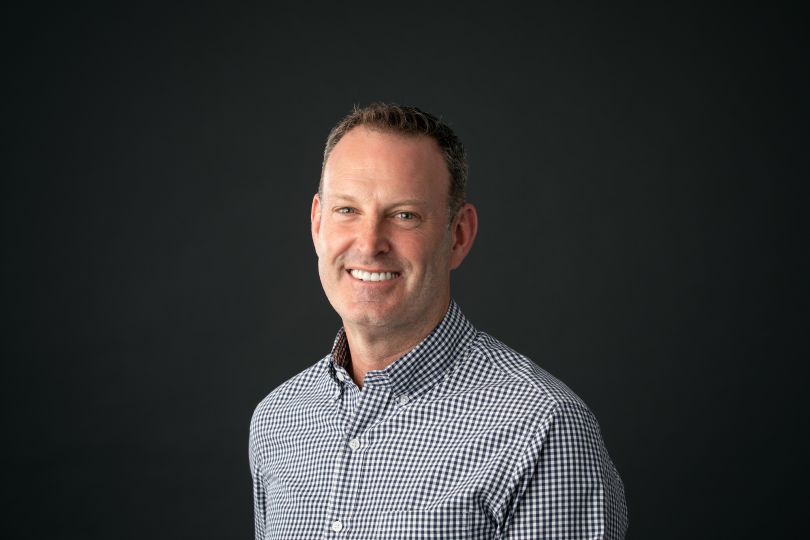
Small businesses everywhere have become integral parts of our everyday lives, from the boutique that carries outfits that perfectly suit your fashion sense to the local cafe that serves a dish you can’t find anywhere else. All of these businesses need to attract consumers to keep them going but spending big bucks on numerous marketing strategies to reach every potential customer can be challenging, especially when those costs come out of pocket.
This was the case with BimmerShops, an online directory that helps people find BMW repair shops. Andy Powell founded the company in 2005 but quickly became aware of a key issue that was hurting his business. When someone used his platform’s directory to find a repair shop, there was no way to prove to the shop that a new customer had come their way because they found their listing on BimmerShops. As a result, businesses didn’t want to pay for their listings on the platform.
In need of a way to combat this problem, Powell derived a tool that tracked businesses’ inbound calls. This solution led to the founding of CallRail in 2011.
Based in Atlanta, CallRail’s software uses dynamic number insertion to keep track of a person’s online activity, such as the ads they click on, the emails they read and what keywords they search for online. This way, businesses can learn the sources behind the calls that come in. This software follows which calls come from offline marketing campaigns like billboards and brochures as well. From there, CallRail provides businesses with tools to respond to potential customers through call, text, email or other channels.
“We give businesses the confidence to spend money on marketing,” Marc Ginsberg, CallRail’s CEO who took over for Powell in June, told Built In. “We help them understand what makes the phone ring, and then we make it easy for them to ensure they’re responding to those inquiries.”
CallRail leverages analytics to help businesses know exactly what reasons draw people to get in touch with them. One such feature is its conversation intelligence product — an AI-powered tool that transcribes calls from potential customers and searches for trends and insights as to what people are searching for, enabling them to better their offerings and save money on marketing.
“It’s been really challenging for them, [small and medium businesses]. It’s a tough labor market, it’s tough to break through clutter with people who are trying to homeschool their children,” Ginsberg said. “And so this ensures that when they go to invest to drive leads into their business that they’re using the money the best way they can and reaching customers the most efficient way possible.”
CallRail has recorded significant growth in response to the increased need for its solution, particularly over the course of 2021. Last year, the company earned $75 million in ARR and more than doubled its headcount to 300 employees.
It also welcomed over 10,000 new customers to its platform. With employees in 13 states, CallRail serves over 200,000 businesses across the globe, the majority of which span the legal, healthcare, automotive and home services industries.
To continue this momentum, CallRail is “building the team, the products, the infrastructure to support a business that serves twice as many customers three years from now,” Ginsberg said. This entails tailoring its product’s tools for specific use cases in verticals across the industries it serves.
“At the end of the day, we need [small businesses] to survive. They are the backbone of our communities, of our neighborhoods,” Ginsberg said. “And with costs going up and supply chain challenges that they’re facing every day, and labor market challenges that they’re facing every day, the cost of being wrong … is really high. … So it’s really important that we’re able to give them the tools to confidently grow their business.”
Ginsberg projects the CallRail team will grow by another 25 percent this year. With most of its workforce based in Atlanta, the company will hire new talent with a focus on product and engineering.




